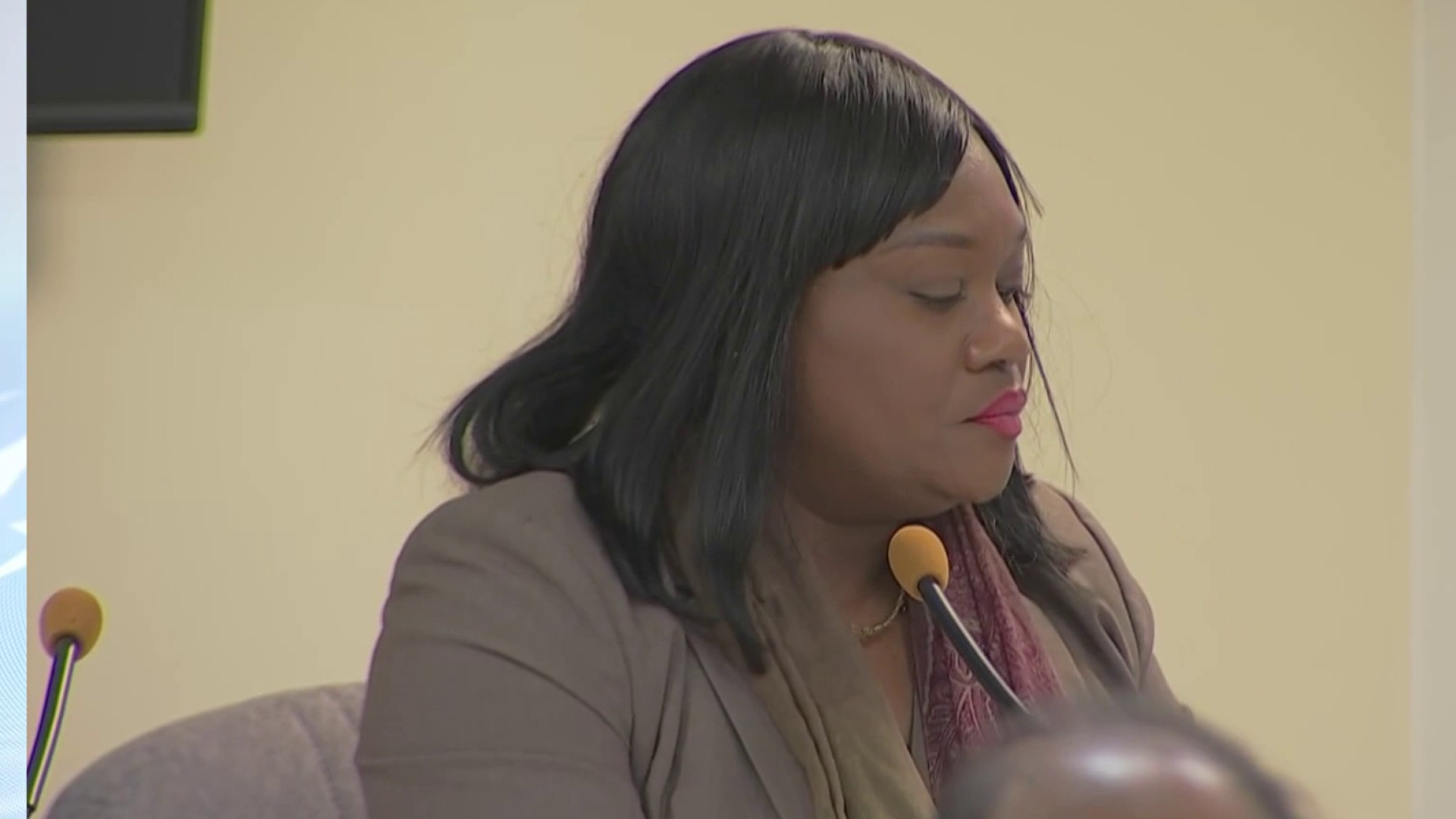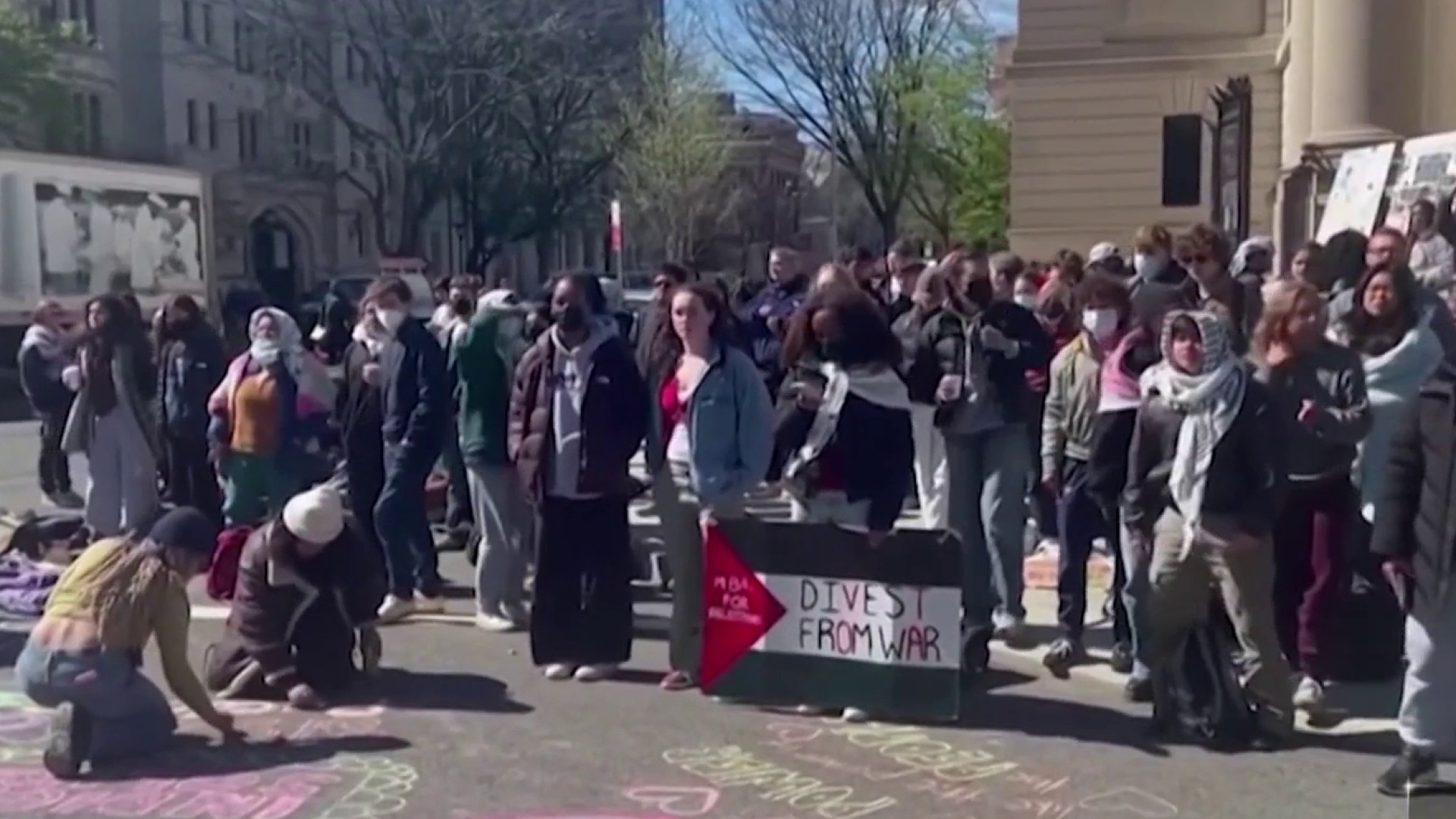For a telling glimpse inside Philadelphia's real estate boom, take musician Andy Molholt. He was sick of the city's escalating rents after living in apartments around Fishtown, so he decided to start house hunting.
"I just turned 29 recently, and I've been paying rent for almost 10 years, and it's just a huge waste of money," said Molholt, who has several part-time jobs, including delivering pizza. "If a mortgage can be cheaper than rent, it's kind of a no-brainer."
His quest for cheaper digs brought him to the historically blue-collar Kensington area, where he purchased a two-story brick row home. Just a couple blocks away, a friend who's also a musician recently snapped up his first house, too. Row homes in the neighborhood are selling for around $50,000, resulting in a monthly mortgage payment far lower what area apartment rents command.
"Well, you might have never thought you'd hear this sentence fall from someone's lips, but right know Kensington is the hot place to be," said economist Kevin Gillen with Drexel's Lindy Institute for Urban Innovation.
The institute's latest report shows that the Kensington area witnessed an almost 20 percent spike in median home value this summer compared with year-ago figures. No other submarket in Philadelphia outpaced the growth seen in Kensington, especially South Kensington, where most of the sales are happening. First-time homebuyers such as Molholt are largely fueling the up-ticking values, which speaks to surging demand there.
Local
Breaking news and the stories that matter to your neighborhood.
"Right now in Philadelphia, it costs about as much to own your average Philadelphia home as it does to rent the average Philadelphia apartment," Moholt said. "Because rent has seen such inflation while house prices have seen such deflation."
Citywide, the same is true, but it's not as pronounced as it is in Kensington, where the median home price shot up from $104,000 to $122,000, a more than 18 percent gain, according to Gillen. The increase in real dollars is much more striking in tonier neighborhoods — from $312,000 to $341,00 in University City, for instance — but the percentage gain in Kensington still stands out.
Even with the rising prices, it goes without saying that Kensington's home wealth is still far away from the incredible sums seen closer to Center City, where median home prices clock in around four times Kensington's.
Overall, Philly's housing market in the three months ending in September posted 4,655 home sales, its best quarter since the height of the real estate bubble in 2007.
Even though the numbers are impressive, Gillen says they actually could be better.
For instance, Gillen said his research has found that many millenials are wary of banks and lenders, since their experience with them is linked to student loan debt and the housing bubble bursting.
And more importantly, millennials without savings — or a co-signer — have been left out in the cold. In this housing market, it's no longer the stinginess of banks preventing young people from getting mortgage loans, but their own financial predicaments.
"They have tons of student loans. They have lots of credit card debt. They have terrible credit scores," Gillen said.
They're the only current living U.S. generation that has a negative savings rating, Gillen said, meaning they owe more in debt collectively as a group than they have in savings.
"It's not exactly the ideal cocktail for someone switching from renter to owner," he said.
Back in Kensington, Molholt said he's currently in the process of fixing up his new place. Years from now, he thinks, the hard work will pay off.
"The way things are going, I have a feeling that I'm going to be that 40-year-old guy who has a house and people are like, 'Oh man, how did you get a house there?' And it's because I bought it before things got totally crazy."
Yet he tempered his excitement with a realization that some in the community might perceive him as a gentrifier. It's the uneasy reality of buying a home in a changing community. For Molholt, however, it's the source of a good deal of mental anguish.
"In one way, it's great there's not as much crime on Front Street," Molholt said. "But, at the same time, I feel strange. I mean, I'm investing in the community, but I do feel like an outside force. It's a strange conundrum to me mentally."



